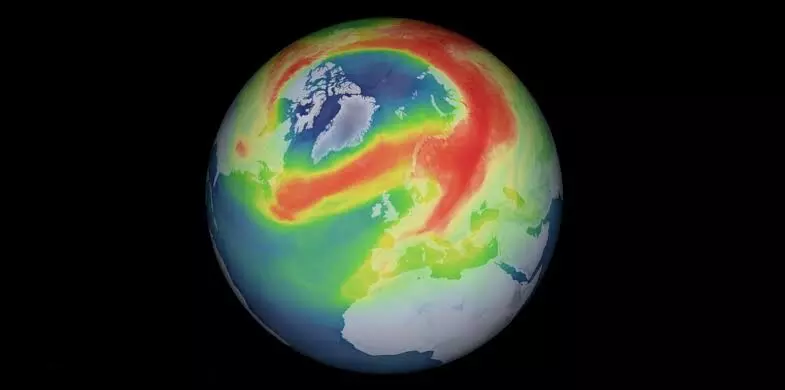
Scientists discover large, year-round ozone hole over the tropics
text_fieldsA hole in the ozone layer seven times bigger than the one over the Antarctic continent has been discovered sitting over the tropics - and has been there for over 30 years.
The worrying gap was revealed in the lower stratosphere over the tropics, similar in depth to that of the well-known Antarctic ozone hole that emerges during the spring, but its area is much larger - roughly seven times bigger, researchers said.
Qing-Bin Lu, a scientist from the University of Waterloo in Ontario, Canada, revealed the hole to the surprise of other scientists as it was not showing on the modeling most researchers use.
"The tropics constitute half the planet's surface area and are home to about half the world's population," said Lu. "
His observed data agree well with the cosmic-ray-driven electron reaction (CRE) model and strongly indicate the identical physical mechanism working for both Antarctic and tropical ozone holes.
Preliminary reports show ozone depletion levels over equatorial regions are already endangering large populations and the associated UV radiation reaching these regions is far greater than expected.
Lu said the tropical and polar ozone holes play a major role in cooling and regulating stratospheric temperatures, mirroring the formation of three "temperature holes" in the global stratosphere. He said this finding may prove crucial to better understanding global climate change.
"The present discovery calls for further careful studies of ozone depletion, UV radiation change, increased cancer risks, and other negative effects on health and ecosystems in the tropical regions," said Lu.























